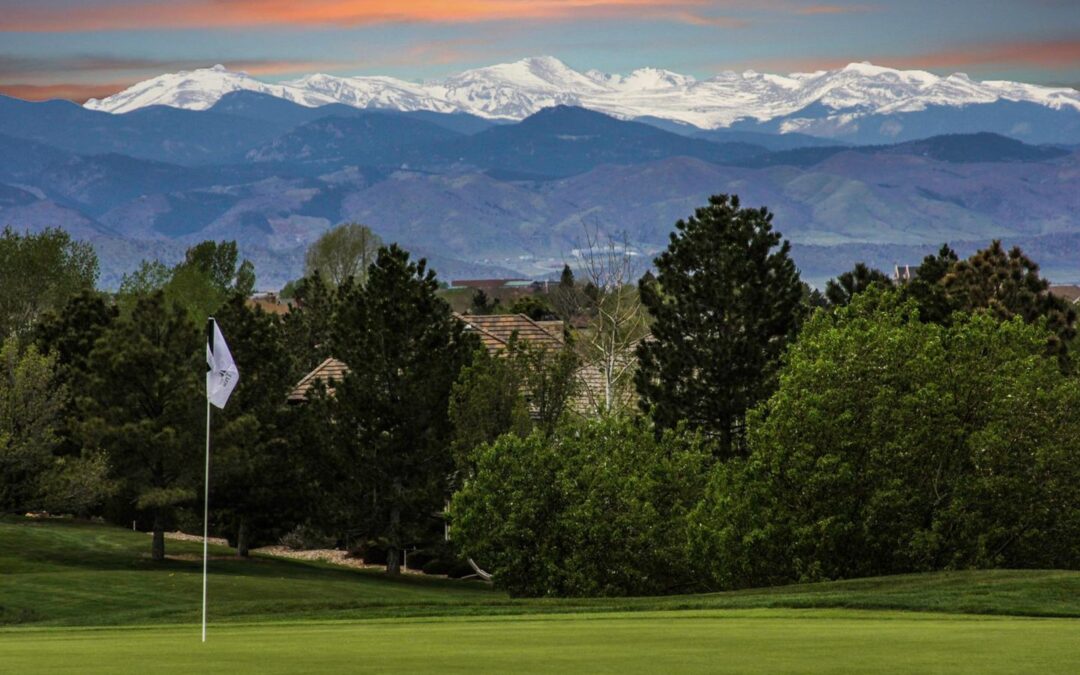Hoss and Little Joe may have roamed the Ponderosa in Nevada, but the Ponderosa pine is right at home along Colorado’s Front Range. In fact, it’s the most widely distributed pine in North America, covering vast areas of the western US including 2 million acres in Colorado. The Nature Conservancy considers it one of the five most iconic trees of the state. It plays a vital role in Colorado’s drinking water supply, especially in the heavily populated areas of the Front Range. Its thick foliage and carpet of needles hold snow and moisture, tempering runoff and making the Ponderosa pine a high priority for conservation and forest management.
TREEOLOGY – BE INFORMED
Colorado Trees
Donovan Arborists
Tree Care Services
Our ISA Certified Arborists ensure that you get the highest quality tree care.
Free Estimates
We offer free estimates for tree planting, trimming, removal, cabling and bracing.
Plant Health Care Services
We believe in being proactive in preventing insect infestations and disease outbreaks.
BLOG POSTS
Colorado Trees
Trees of Colorado: The Boxelder Maple
You probably don’t think of the Colorado foothills when you think about harvesting maple syrup, but both natives and settlers collected the sugary sap of the Boxelder well into the 20th century. Plains tribes like the Pawnee, Cheyenne, and Sioux used the sap to make syrup, sugar and to flavor beverages. Southwestern tribes use the inner bark to make sugary winter food. Several tribes use the wood for bowls, utensils, charcoal and for ceremonial purposes.
Its soft, close-grained wood is generally unsuitable for commercial use.
The Colorado Blue Spruce
The mountains of Colorado kept an arboreal secret for centuries until botanists identified a variety of blue spruce unique to the Rocky Mountains in 1862. Today, the Colorado blue spruce is one of the most popular ornamental and landscape conifer trees in North America. It’s also the official state tree of Colorado.
The English Oak
From the mythical forests of Robin Hood to the parks of Denver, the majestic English oak has graced temperate climate landscapes for centuries. And centuries is a key word when talking about English oaks—they live for hundreds of years, especially when well cared for. The oldest living specimens are in Bulgaria and Lithuania, estimated to be around 1,500 years old.
The Pinyon Pine
When Spanish explorers reached the southern Rockies, they were greeted by a familiar sight. Large stands of short, bushy evergreen trees reminded them of the Stone Pines native to their homeland, so they called them by the same name—pino piñonero—a name they still go by today, albeit in a shortened form. And like its European cousin, the piñon, or pinyon, pine had been around for centuries, providing an important source of nutrition to ancient hunter-gatherer populations.
The Chinkapin Oak
If you’re looking for a shade tree that a Denver city forester once described as being tough as a junkyard dog, take a look at the chinkapin oak. Sometimes spelled chinquapin, it’s a stately medium-size tree with a rounded canopy that’s native to the central midwestern US as far west as central Kansas and south into northeastern Mexico.
Trees of Colorado: The Quaking Aspen
No tree is more closely associated with Colorado than the quaking aspen. Covering 5 million acres, the aspen is the state’s only widespread native deciduous tree.

The Best Trees for Colorado’s Front Range
We offer planting and pruning services as well as a complete landscape maintenance package for properties in the Denver area
Colorado Ecosystems 101
Its geographic diversity is one of Colorado’s main attractions. Our high plains, mountain valleys, alpine tundra, and high western plateaus offer a mind-boggling variety of roughly 60 different ecosystems. And with that variety comes a range of climates that dictate the plants and animals that will thrive in them.
Trees of Colorado: The Heritage Oak
If you want a large, stately shade tree for your landscape, consider the Heritage Oak. Oak trees come in a staggering variety of sizes and shapes and are one of the most widely distributed trees in North America with native growth in all of the lower 48 states.
